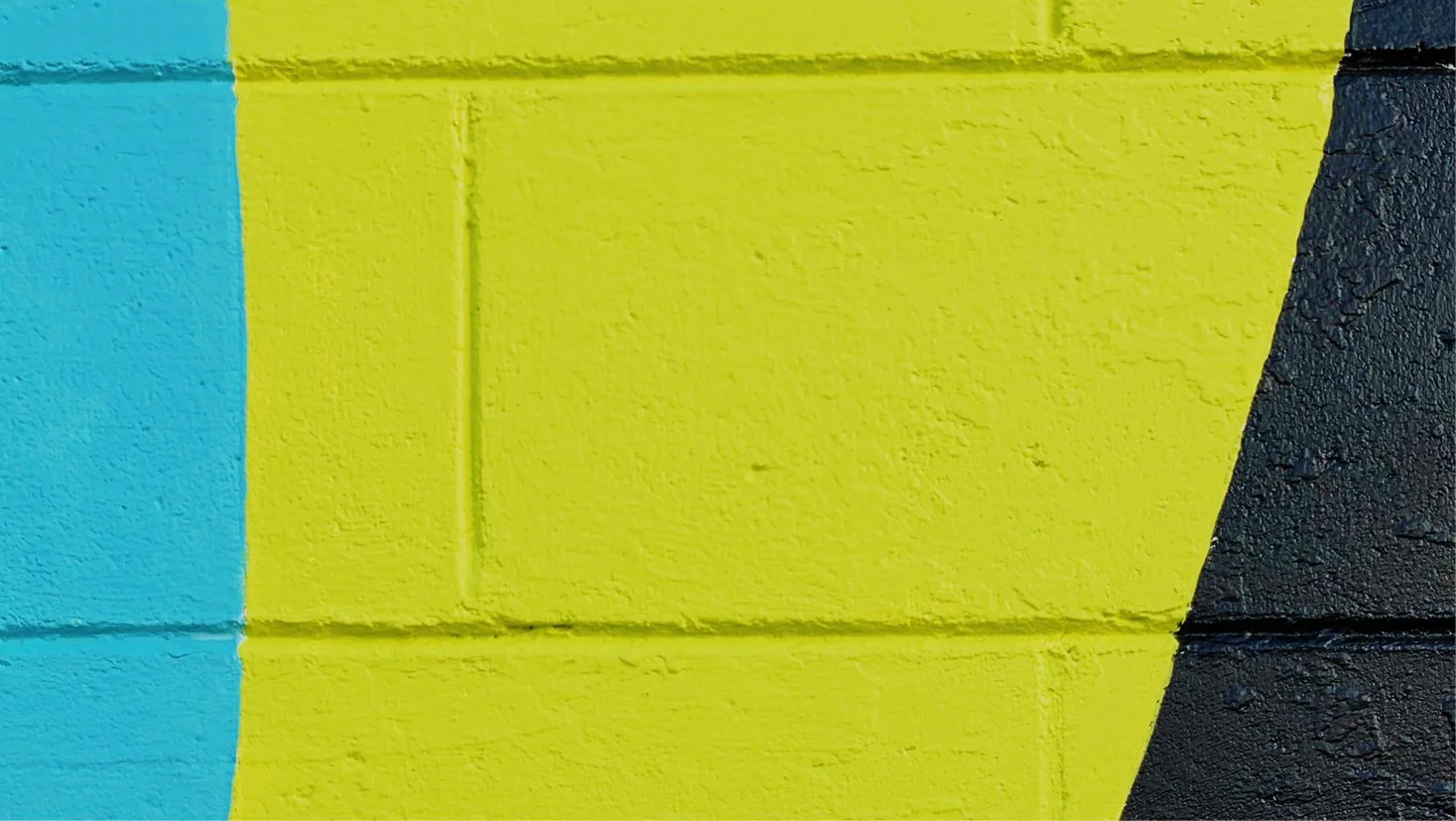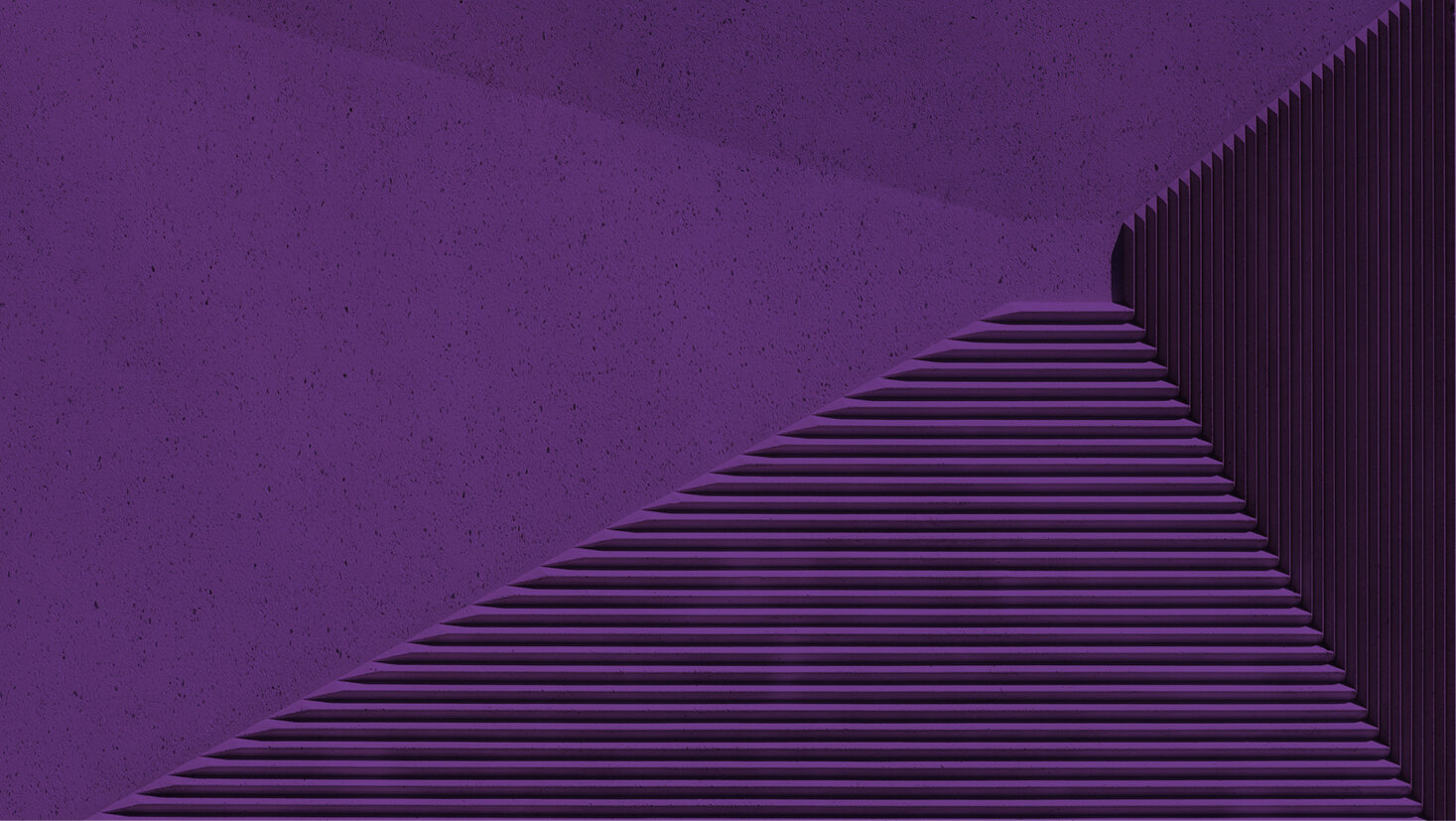This post is an interview with Dr Eric Addae-Kyeremeh, the instructor on the SAGE Campus Critical Reading and Writing online course, now live!
Dr Eric Addae-Kyeremeh is the Head of School in the School of Education, Childhood, Youth and Sport at Open University. Eric has over 20 years of professional experience that involves teaching, research, scholarship of teaching and learning, knowledge exchange, consultancy and public engagement. He was admitted into Fellowship by BCS, The Chartered Institute for IT in 2012 for demonstrating leadership, eminence and authority in the area of educational technologies and was awarded Chartered Fellowship by the Chartered Management Institute (CMI) in the same year.
Interview with Dr eric addae-kyeremeh
Q: Hello Eric, tell us a bit about yourself?
A: Professionally, I describe myself as an educator having spent most (if not all) of my career in education and training settings or institutions. I’m currently at the Open University where I’m the Head of School in the School of Education Childhood, Youth and Sport. Even though most of my teaching has been in graduate school (Masters and Doctorate) for a number of years, I’ve always been interested in how to prepare students for their transition into undergraduate or postgraduate studies. This has meant authoring short preparatory courses for students starting academic studies and research as well as hosting webinars on related topics.
Outside my professional life, I like hanging out with friends and traveling with my family. While travelling, I love sampling food, but I can be picky too…. Sounds contradictory right? When I’m not travelling or hanging out with friends, my spare time is often spent reading and listening to music.
Photo by 🇸🇮 Janko Ferlič on Unsplash
Q: You're the instructor for the Creative Reading and Writing course! What inspired you to make an online course with SAGE Campus on this topic?
A: I spent the first 10 years of my teaching career in the Further Education Sector in London where I taught a range of courses including academic and vocational courses at level 3. Therefore, I have a good appreciation of the ‘jump’ in the level of academic reading and writing students will experience when they progress to university.
So, when I was approached by SAGE Campus to contribute to the portfolio of courses about critical thinking, reading, and writing, I couldn’t turn it down. I saw this as an opportunity to contribute to a very important educational endeavour and something that I’m passionate about, that is, helping students transition smoothly into academic studies and helping them build confidence in their reading and writing. Therefore, this beginner course and others (including those planned for the future) will be extremely helpful for university students especially those in their first year, who are trying to get their head around the notion of ‘criticality’ and how to apply this to all aspects of their academic work.
Q: Who do you think will most benefit from your course? Do you believe these are foundational skills for all academic courses?
A: All students starting university-level study will benefit immensely from this course. Even though it is a beginner’s course and serves as an introduction to a very important aspect of university study, it opens up the ‘myth’ around criticality and what it means to read and write critically, using examples, activities and illustrations. Also, I’d recommend the course to students on level 3 courses (and their teachers) as they prepare to make that very important step into higher education where academic critique is expected in all pieces of work.
Yes, critical reading and writing are foundational skills required for university study, so I’ll encourage all students to try their hands on this course.
Photo by Dan Dimmock on Unsplash
Q: What advice can you give faculty and institutions about the importance of critical reading and writing skills training as part of the students' academic journey?
A: Criticality as you know is a key descriptor for university-level study, but you don’t build critical thinking, reading, and writing skills overnight. Arguably it can be a disposition, therefore, the earlier you are exposed to criticality the better because it becomes part of your everyday thinking and doing (reading and writing).
Q: What do you think the benefits are of teaching this topic in an online course format?
A: The online format of this course provides the flexibility that beginner students need to unpack this topic. At their own pace, they can work through the study guide, activities, and short workbook, to build their knowledge, understanding and skills about critical reading and writing.
Q: What's a top tip/takeaway from your course? Do you have a technique in place to structure a critical writing piece?
A: The top takeaway from this course is that ‘being critical in reading and writing’ is an academic endeavour but can also be helpful in our daily lives and work settings.
I give some ideas about structuring your work in the course but I can add:
It is important to always remember to balance a variety of viewpoints; consider evidence from different sources; and to find your own academic ‘voice’ when communicating your argument.
Your academic voice will emerge through how you structure your writing, the evidence and information that you select, your critical evaluation, your analysis and interpretation, how you link your argument to previous work in the area, and how you present and communicate your writing to your target audience. Seems daunting but it isn’t at all. That’s what this short course is all about.
About the Critical reading and writing course
The reading and writing expectations of higher education are often daunting for new students. This course equips students with the skills and knowledge to make the jump to higher education. It teaches reading strategies to evaluate and question written and visual texts. It builds confidence in structuring a critical writing piece, spelling out arguments and integrating evidence.
Try a free module of the course today!
We’ve launched our four new dissertation skills courses and free modules are now available to take to those who sign up to our demo hub.
SAGE Campus is a suite of online courses designed to support learners with research methods and skills, and is available for institution-wide access via library subscription. Librarians can request a full 30-day free trial and faculty/researchers can recommend us to your library or request a trial if you are an administrator via this form.










